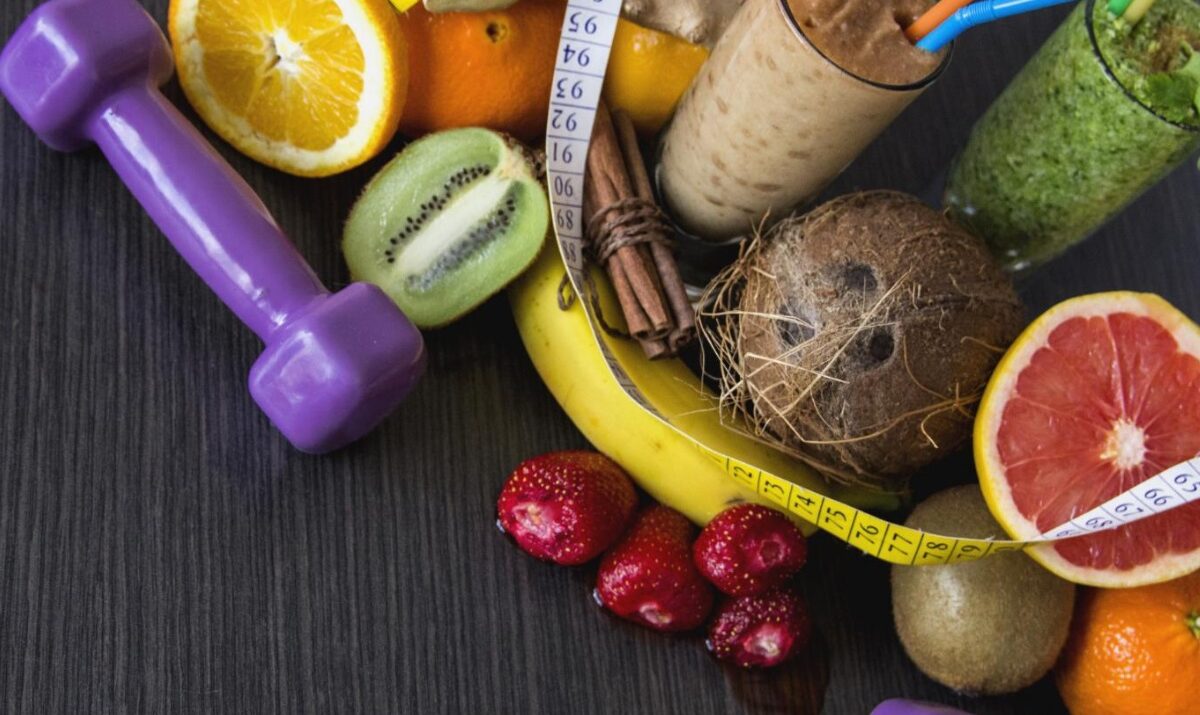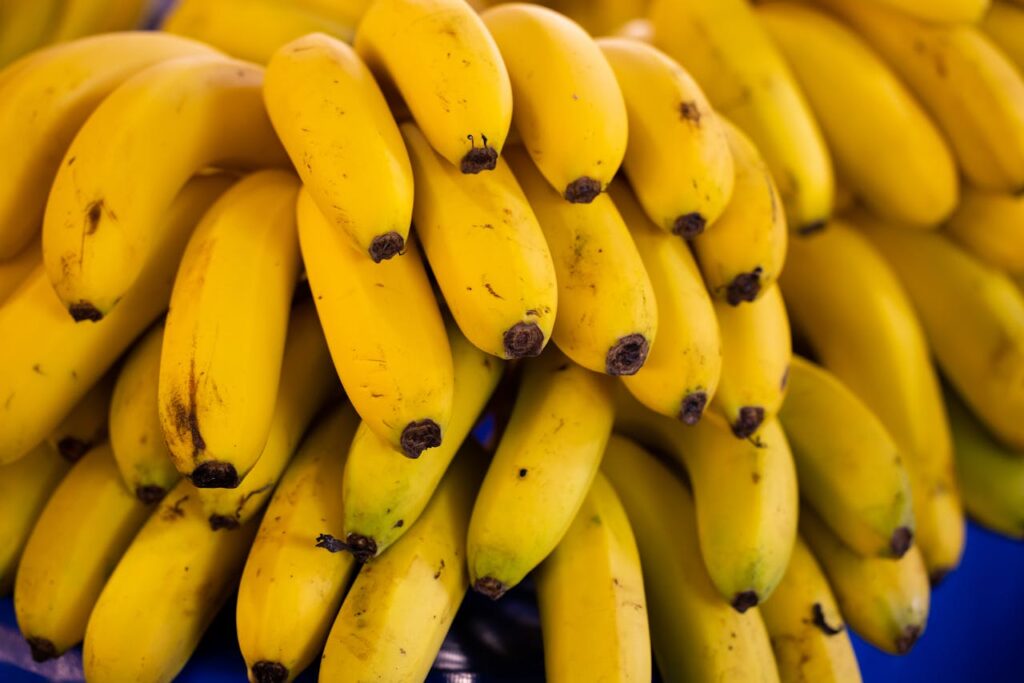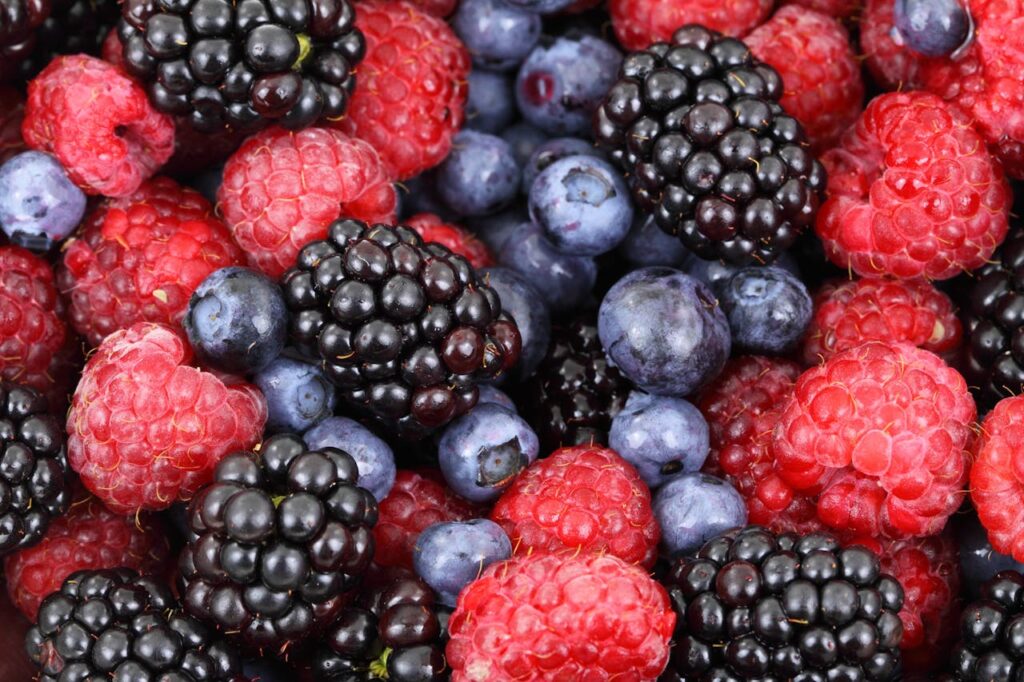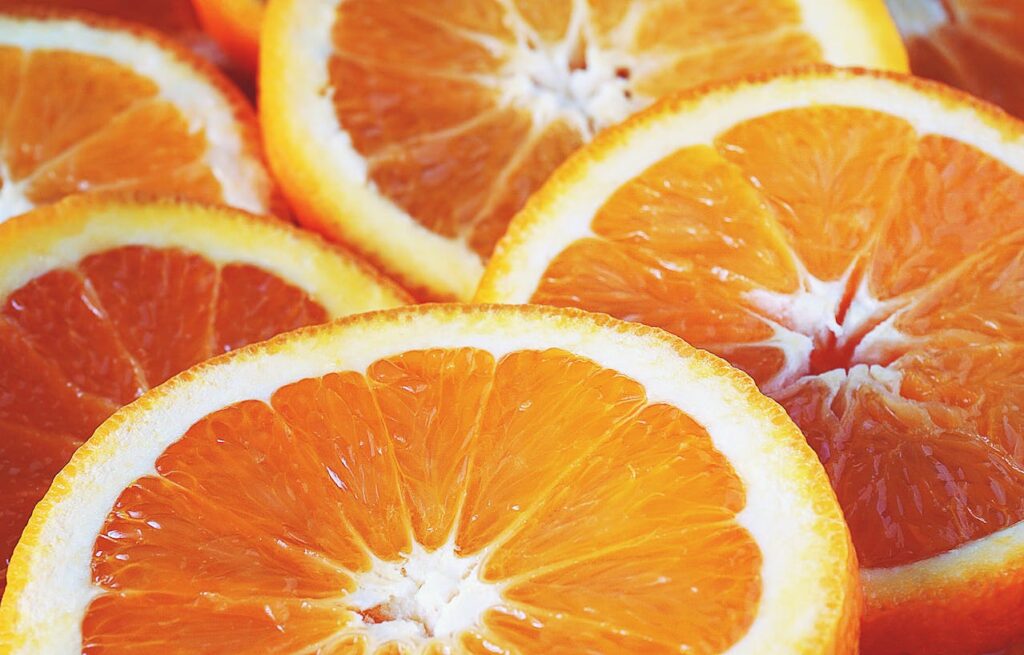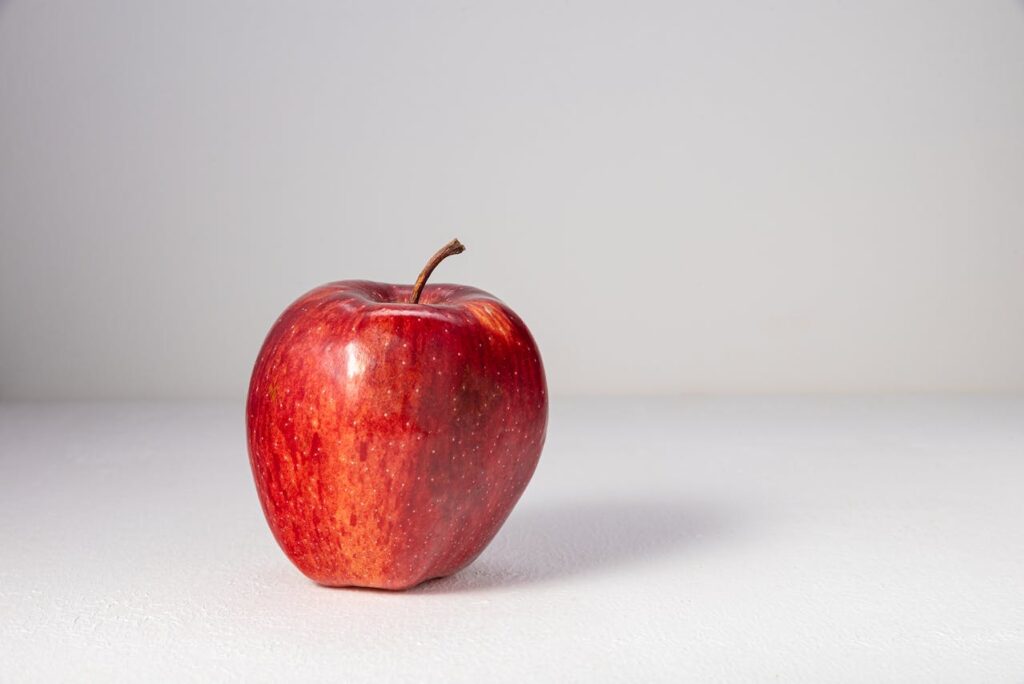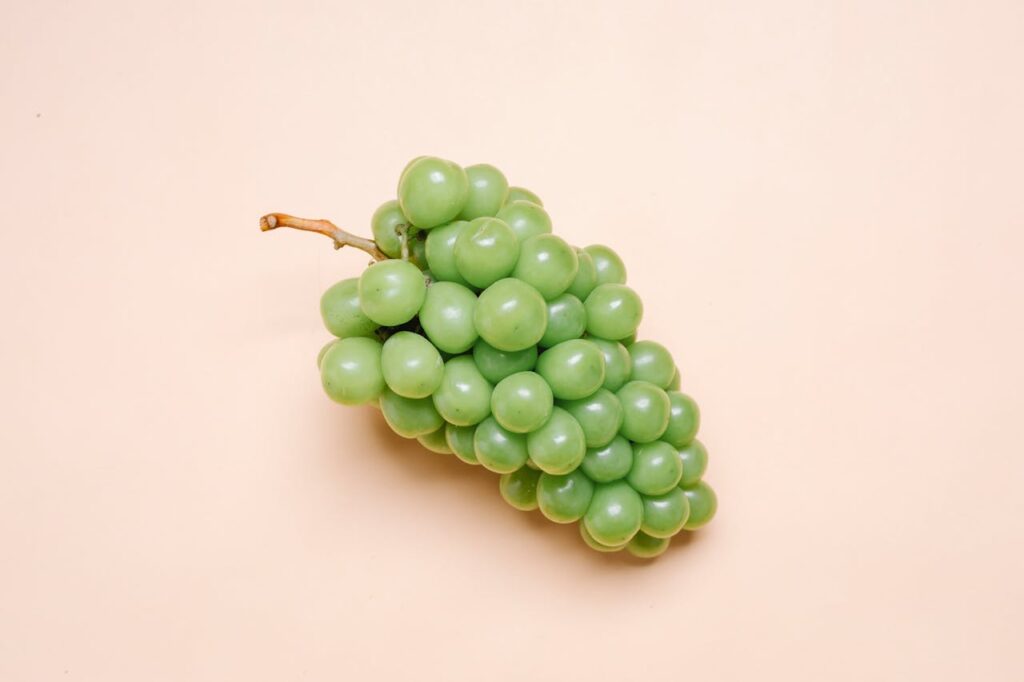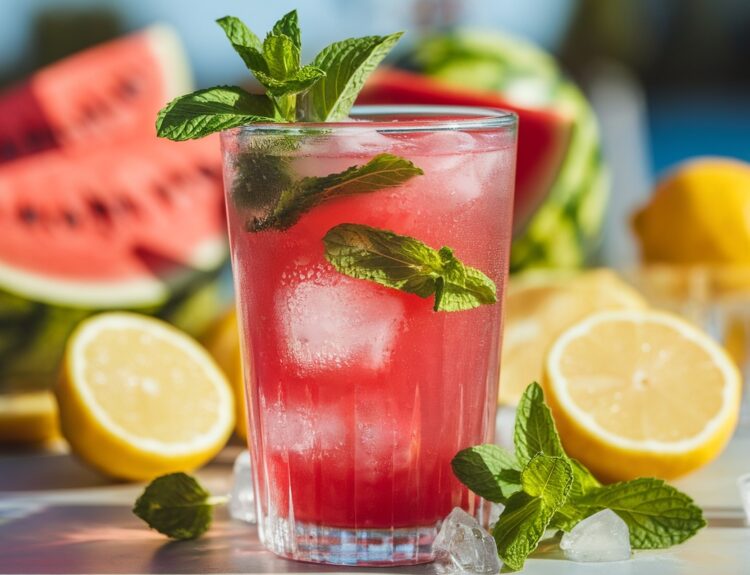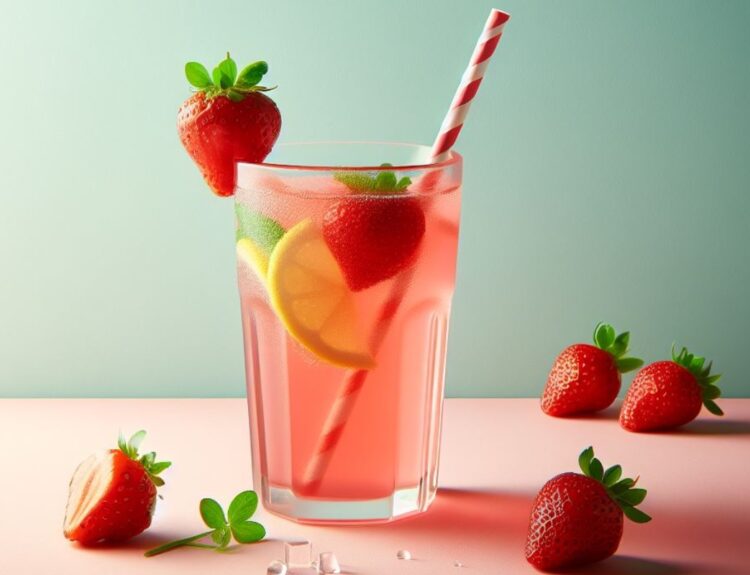Best fruits for athletes offer a powerhouse of nutrients beyond mere taste. Amidst the myriad dietary choices, certain fruits are potent allies in enhancing strength, endurance, and overall energy levels. Let’s uncover the power of fruit in fueling athletes’ journey towards success!
Discover the best fruits for athletes that fuel athletic performance. Explore the power of various fruits in maximizing strength and energy!
In this article:
- Why Fruits Matter for Athletes
- Critical Criteria for Selecting the Best Fruits
- Best Fruits for Athletes
- Tips for Maximizing Fruit Consumption
WHY FRUITS MATTER FOR ATHLETES
Athletes frequently emphasize rigorous training schedules and tailored dietary regimens for optimal performance. However, one crucial aspect is the inclusion of fruits in their nutrition regimen. Fruits are delicious and refreshing, offering a rich nutritional profile that can benefit athletes in various ways.
First and foremost, fruits are rich in essential vitamins, minerals, and antioxidants vital for overall health and well-being. These nutrients play critical roles in supporting immune function, aiding muscle repair and recovery, and reducing inflammation, which are crucial for athletes striving to maintain optimal performance levels.
Furthermore, fruits are a valuable source of carbohydrates, which serve as the primary fuel for energy during exercise. The sugars naturally present in fruits offer a readily available energy source, providing a swift and easily accessible fuel option, making them ideal for workouts and replenishing glycogen stores post-exercise.
Additionally, fruits naturally help keep you hydrated since they contain water and essential minerals like potassium and magnesium. These minerals are crucial for staying hydrated and keeping your muscles functioning well.
Beyond their nutritional benefits, fruits offer versatility and convenience, making them an excellent addition to any athlete’s diet. Whether consumed fresh, blended into smoothies, or added to pre- and post-workout snacks, fruits are convenient and delicious to meet dietary needs and enhance athletic performance.
CRITICAL CRITERIA FOR SELECTING THE BEST FRUITS
Choosing the best fruits for athletes requires careful consideration of several vital factors:
- Nutritional Density: A fruit’s nutritional density refers to the concentration of antioxidants, essential vitamins, and minerals relative to its caloric content. Opt for fruits that offer a high nutritional density to maximize the health benefits they provide per serving.
- Hydration Content: Fruits with high water content are refreshing and contribute to hydration. Look for fruits like watermelon or oranges, which can help maintain proper hydration levels, especially during increased physical activity.
- Glycemic Index: A fruit’s glycemic index (GI) signifies the speed at which it elevates blood sugar levels following ingestion. Choose fruits with a lower GI to promote stable energy levels and avoid spikes in blood sugar, which can lead to crashes and fatigue.
- Antioxidant Profile: Antioxidants help combat oxidative stress and inflammation. Select fruits rich in antioxidants such as vitamins C and E and flavonoids to support immune function, reduce inflammation, and promote recovery.
- Seasonality and Freshness: Whenever possible, opt for fruits that are in season and locally grown. Seasonal fruits are often fresher, more flavorful, and more nutritional than out-of-season varieties that may have been harvested early and transported long distances.
By considering these critical criteria when selecting fruits, you can make choices that promote optimal health, support athletic performance, and enhance overall well-being.
BEST FRUITS FOR ATHLETES
In the quest for optimal nutrition to support athletic performance, it’s essential to identify the best fruits that offer a combination of nutritional benefits, hydration support, and potential performance enhancement. Let’s explore some top fruits athletes can incorporate into their diets to fuel their training, aid recovery, and promote overall well-being.
Bananas
Bananas are a staple fruit for athletes due to their rich nutritional profile and convenient portability. Bananas offer numerous benefits for fueling workouts, aiding recovery, and promoting overall health.
One of the critical nutrients in bananas is potassium, a vital mineral crucial in muscle function and electrolyte balance. During intense exercise, potassium levels can deplete through sweating, leading to muscle cramps and fatigue. Consuming bananas before or during workouts can help replenish potassium levels, preventing cramping and supporting optimal muscle function.
In addition to potassium, bananas are an excellent source of carbohydrates, particularly natural sugars such as glucose, fructose, and sucrose. These carbohydrates provide a quick and easily accessible energy source, making bananas an ideal pre-workout snack for boosting energy levels and enhancing performance.
Furthermore, bananas contain vitamin B6, which metabolizes carbohydrates and protein synthesis. Vitamin B6 additionally aids in generating neurotransmitters such as serotonin and dopamine, potentially assisting in mood regulation and fatigue reduction during physical activity.
Beyond their nutritional benefits, bananas are easy to digest, making them gentle on the stomach and suitable for consumption before or after workouts. Whether eaten independently, mixed into smoothies, or added to oatmeal, bananas are delicious fruits you can enjoy in various ways to support athletic performance and overall well-being.
Therefore, incorporating bananas into your diet can assist you in reaching your fitness objectives!
Berries
Berries are a favorite among athletes due to their rich antioxidant content, fantastic flavors, and versatility in culinary applications. Whether fresh, frozen, or dried, berries offer numerous health benefits supporting athletic performance and overall well-being.
One of the critical features of berries is their high antioxidant capacity, which stems from their rich concentration of compounds such as anthocyanins, flavonols, and vitamin C. These antioxidants are crucial in combating oxidative stress, reducing inflammation, and supporting immune function, all essential for athletes undergoing intense training regimens.
In addition to their antioxidant properties, berries are low in calories, making them an excellent choice for athletes looking to manage their weight. The fiber content in berries helps regulate blood sugar levels, improve satiety, and support gut health, which can contribute to sustained energy levels and optimal performance during workouts.
Furthermore, berries are a natural source of carbohydrates, particularly sugars such as glucose and fructose. These carbohydrates provide a quick and easily accessible energy source, making berries an ideal pre-workout snack for boosting energy levels and enhancing endurance.
Beyond their nutritional benefits, berries are incredibly versatile. They can be part of various dishes, including smoothies, oatmeal, salads, and desserts. Their vibrant colors and sweet-tart flavors add freshness to any meal, making them a delightful addition to an athlete’s diet.
Oranges
Oranges, rich in essential vitamins, minerals, and antioxidants, actively support athletic endeavors and promote overall well-being.
With a substantial 70 milligrams of vitamin C in just one medium-sized orange, its standout feature of high vitamin C content becomes evident. Vitamin C protects against infections and promotes faster recovery from intense exercise bouts. Maintaining a solid immune system is essential for athletes to sustain peak performance levels amidst rigorous training schedules and competitions.
Oranges’ fiber and water content also help with hydration, making oranges an excellent choice for athletes to restore electrolytes and fluids lost through sweat during workouts.
Moreover, oranges contain various phytonutrients, such as flavonoids and carotenoids, renowned for their antioxidant and anti-inflammatory properties.
Whether consumed whole, juiced, or added to salads and smoothies, oranges offer a refreshing and versatile way to boost nutrient intake and support athletic performance.
Best Fruits for Athletes: Apples
Apples are among the best fruits for athletes, offering various health benefits that support optimal performance.
Notably, they are rich in dietary fiber, with a medium-sized apple containing approximately 3 to 4 grams. This high fiber content makes apples an ideal pre-workout snack, providing sustained energy to fuel workouts and prevent energy crashes.
Moreover, apples are rich in antioxidants, particularly flavonoids and vitamin C. For athletes undergoing intense training, incorporating apples into their diet may help reduce the risk of illness or injury.
Additionally, apples contain natural sugars, primarily fructose, providing quick energy during exercise. Consuming apples before or after workouts can replenish muscle glycogen stores, promoting faster recovery and enhanced performance.
Furthermore, the phytonutrients found in apples, such as quercetin and catechin, have been linked to improved endurance and exercise performance. These compounds may enhance oxygen utilization, increase stamina, and reduce fatigue, making apples a valuable addition to an athlete’s diet.
Best Fruits for Athletes: Grapes
Grapes are not only delicious but also an excellent choice for athletes. They contain essential nutrients and unique compounds with various health benefits.
One of the best things about grapes is their high water content, which helps keep athletes hydrated. Staying hydrated is essential for regulating body temperature and ensuring proper nutrient transportation, which is necessary for athletic performance.
Additionally, grapes are rich in natural sugars like glucose and fructose, providing a fast energy boost for athletes before, during, or after workouts.
Grapes also contain antioxidants such as flavonoids, resveratrol, and vitamin C, which support immune function. In addition, they help athletes recover from exercise-induced muscle damage and stay healthy.
Furthermore, grapes are a good source of dietary fiber, especially in their skin. It aids digestion and supports gut health, vital for athletes to absorb nutrients effectively.
Whether you enjoy grapes fresh, frozen, or as part of a meal or snack, they’re a tasty and convenient way to enhance your nutrient intake and support your athletic performance.
TIPS FOR MAXIMIZING FRUIT CONSUMPTION
Here are some tips to help you make the most of fruit in your daily nutrition:
- Include a Variety: Aim to eat a diverse range of fruits to ensure you benefit from different vitamins, minerals, and antioxidants. When purchasing fruits, consider using eco-friendly solutions like Reusable Mesh Produce Bags. These bags are BPA-free and 100% food contact safe. With their see-through design, you can quickly scan barcodes at checkout without removing your fruits from the bags, making your shopping experience faster and more convenient. These bags allow you to move closer to a zero-waste lifestyle and reduce plastic bag usage.
- Prioritize Fresh, Whole Fruits: While juices and dried fruits can be convenient, whole fruits are often higher in fiber and provide a more satisfying eating experience. Opt for fresh fruits whenever possible to maximize nutrient intake and minimize added sugars.
- Snack Smart: Keep a bowl of fresh fruit on your countertop or desk for easy snacking. Having readily available options like apples, bananas, or grapes can help curb cravings for less nutritious snacks and energize you throughout the day.
- Add to Meals: Incorporate fruits into your meals to boost flavor and nutrition. Add berries to oatmeal or yogurt, top salads with slices of apple or pear, or include fruit in savory dishes.
- Blend Into Smoothies: Smoothies are a fantastic way to pack multiple servings of fruit into one tasty beverage. Blend your favorite fruits with leafy greens, yogurt, or milk, and a source of protein like nut butter or protein powder for a nutritious and satisfying snack or meal.
- Freeze for Later: Freeze ripe fruits for later use to extend their shelf life. Frozen fruits are perfect for adding to smoothies, baking into muffins or pancakes, or enjoying a refreshing frozen treat on hot days.
_____
Incorporating the best fruits for athletes in your diet can be a game-changer. Make smart fruit choices!
This post may contain affiliate links. You can read the affiliate disclosure here.

